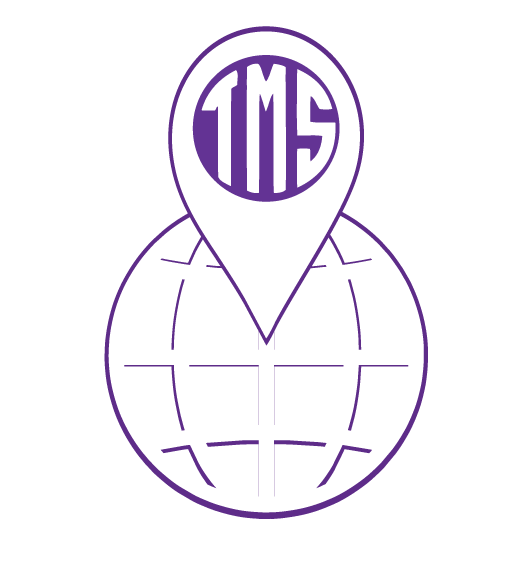The search landscape has fundamentally transformed with the rise of several key developments:
1. Zero-click searches are increasing, with featured snippets and knowledge panels satisfying user queries directly on the SERP
2. Voice search continues to grow, with users asking complete questions rather than typing fragmented keywords
3. AI-driven search experiences like ChatGPT and Claude are changing how people seek information
4. Search engines becoming answer engines as Google and others prioritize delivering direct answers over lists of links
These shifts point to a clear trend: search engines are evolving into answer engines, and your content strategy needs to evolve accordingly.
SEO vs. AEO: Understanding the Difference
Traditional SEO focuses on ranking web pages for specific keywords. AEO, meanwhile, focuses on getting your content selected as the best answer to a specific question. Here's how they differ:
Traditional SEO:
- Keyword density and placement
- Backlink acquisition
- Technical website optimization
- Content structured for web crawlers
Answer Engine Optimization:
- Question-focused content
- Direct, concise answers
- Demonstrable expertise and authority
- Content structured for featured snippets and AI extraction
SEO gets you in the game; AEO helps you win it.
Practical Ways to Optimize for Answer Engines:
1. Identify Real Questions Your Audience is Asking
Start with question research, not just keyword research. Use tools like:
- Answer the Public
- People Also Ask sections in Google
- Reddit threads and Quora
- Customer service inquiries
- Social media conversations
The goal is to uncover the actual questions your target audience is asking in their own words.
2. Structure Content with Clear Question-Answer Formats
Make it easy for search engines to extract answers from your content:
- Use question-formatted H2 and H3 headers
- Provide a direct, concise answer immediately after the question
- Follow with supporting details, evidence, and context
- Include FAQs sections with schema markup
3. Demonstrate E-E-A-T (Experience, Expertise, Authoritativeness, Trustworthiness)
Google's Quality Rater Guidelines emphasize the importance of E-E-A-T, especially for YMYL (Your Money, Your Life) topics:
- Highlight author credentials and experience
- Link to authoritative sources
- Include first-person experiences where relevant
- Present balanced viewpoints
- Update content regularly to maintain accuracy
4. Optimize for Featured Snippets and Knowledge Panels
These prime SERP real estate positions are gold for visibility:
- Use concise definitions (40-60 words)
- Create structured lists and tables
- Answer questions directly and completely
- Use clear, scannable formats
The Future: How AEO and SEO Work Together
The most effective strategy isn't choosing between AEO and SEO—it's integrating them. Your content should: Answer specific questions (AEO) within content that also ranks for broader search terms (SEO) Provide immediate value through direct answers while encouraging deeper engagement Optimize for both voice and text search patterns Build topical authority through comprehensive coverage of related questions
Why This Matters Now More Than Ever
The growth of AI in search has accelerated the importance of AEO. With tools like Google's Search Generative Experience (SGE) and AI summary features, search engines increasingly extract and synthesize answers rather than just linking to pages.
If your content isn't structured to provide clear answers to specific questions, you risk becoming invisible—not because you aren't ranking, but because your content isn't being selected as the best answer.
Conclusion: It's Not About Gaming the System
The shift from SEO to AEO represents a positive evolution in digital content. It rewards businesses that genuinely help their audience by providing valuable information in accessible formats.
The brands that will win in this new landscape are those that stop thinking about "ranking content" and start thinking about "answering questions." Focus on being the most helpful resource in your niche, and both human visitors and search algorithms will reward you accordingly.
Remember: SEO gets people to your content; AEO gives them a reason to engage with it. Master both, and you'll create content that truly serves both your audience and your business goals.
Book Your Discovery Call Today

